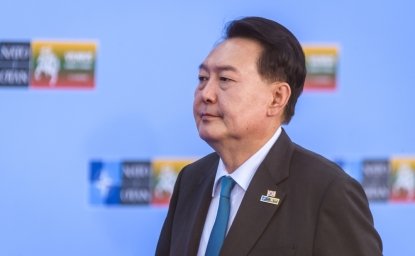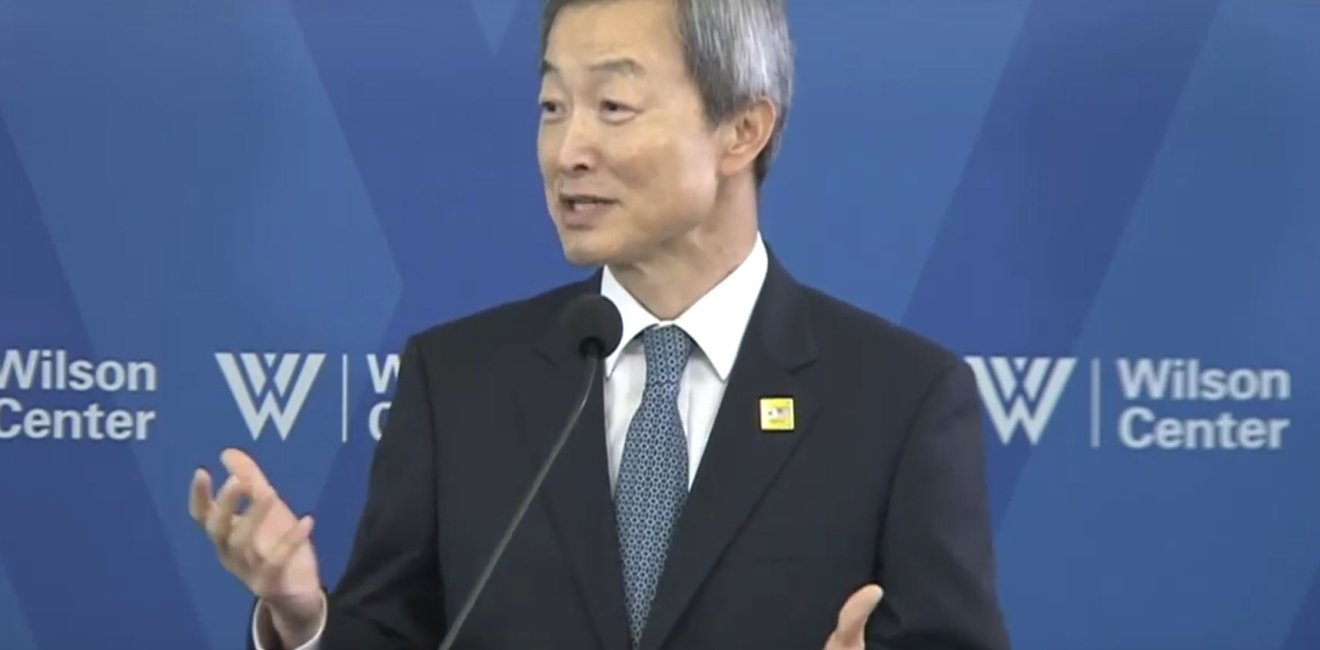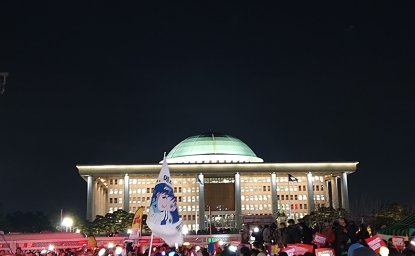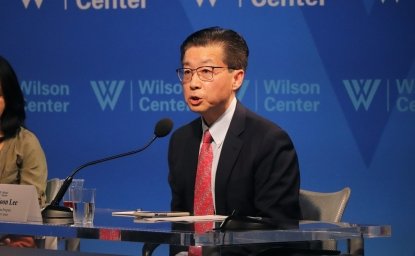President Moon Jae-in and his U.S. counterpart Joe Biden are scheduled to meet in Washington, D.C., May 21. There will be no shortage of issues for the two leaders to discuss. However, from my own experience of preparing for, and participating in, Korea-U.S. summits, much of their time will likely be spent talking about how the two countries should work together toward North Korea's denuclearization.
On April 30, the U.S. confirmed that its review of the country's North Korea policy had been completed. White House press secretary Jen Psaki and other U.S. officials disclosed the outlines of Biden's new policy, even though we are still waiting to learn more about the specifics. A large number of countries around the world, especially their foreign ministers who gathered together in London for the G7 Foreign and Development Ministers Meeting, welcomed the new U.S. approach.
However, Pyongyang responded negatively. U.S. Secretary of State Tony Blinken and National Security Adviser Jake Sullivan responded with a conciliatory tone, affirming that the new policy toward the North was aimed not at "hostility," but at "solutions," in order to achieve the complete denuclearization of the Korean Peninsula.
Around the same time, the Chey Institute for Advanced Studies and the Center for Strategic and International Studies (CSIS) organized a webinar May 11, where a large number of former officials and academics related to Korea and the U.S. participated to share their views on the Korean Peninsula. Much of their discussion revolved around North Korea's denuclearization. I wish to share some of the main ideas from this as food for thought for Presidents Moon and Biden.
First, I told U.S. participants: "Don't blame yourself too much for past failures." I made this comment because what I read in Jen Psaki's April 30 statement, and Washington gurus' subsequent comments about it, was a high degree of frustration, as well as an urge to try something new.
I understand their frustration and this urge. However, a good prescription needs a correct diagnosis. Past U.S. efforts failed, not because they were poorly conceived or implemented, but because of North Korea's all-consuming obsession with developing nuclear weapons and adherence to "salami tactics."
An example of a problematic ― though well-intentioned ― prescription based on frustration is, as I wrote in my column for The Korea Times several weeks ago, to cite David Ignatius' terminology, the idea of preaching the virtue of finding a "way station" for Biden.
In this strategy, the U.S. should initially move its focus away from denuclearization itself and toward preventing proliferation and the development of delivery vehicles, such as submarine-launched ballistic missiles by the North. I think that such ideas raise far more problems than solutions for the many reasons I shared at the time.
Second, many participants at the webinar emphasized the importance of sanctions. In fact, as many analysts agreed at the time, the convergence of three factors led to the 2018 "spring of peace" on the Korean Peninsula: North Korea's confidence in its nuclear capability; an exceptionally strong and effective global network of sanctions; and Moon's cajolement of Pyongyang to come forward to join the path of diplomacy.
After three years, those three factors are still there, with some modifications. What changed most drastically is North Korea's calculation. Up until the Hanoi summit in February 2019, North Korea seems to have guessed that, with Trump as president of the U.S., it was on track to achieve its "byongjin" policy, in which it could develop nuclear weapons and its economy at the same time. What North Korea learned in Hanoi only too poignantly was that even Trump wouldn't buy North Korea's "salami tactics."
On April 30, in announcing the completion of the U.S. policy on North Korea, Jen Psaki said, "Our policy will not focus on achieving a grand bargain, nor will it rely on strategic patience." The urge for a new path does not necessarily mean ignoring past experiences and lessons.
We must remind ourselves of the convergence of factors that worked in 2018. In this context, the recent London G7 ministers' meeting, through its joint statement, reaffirmed its commitment to "working together to ensure the full implementation of all related United Nations Security Council sanctions."
Third, many participants, including myself, advocated taking concrete actions to strengthen deterrence. Biden, through his speech to the joint session of U.S. Congress, April 28, said the U.S. will address the threat posed by North Korea "through diplomacy, as well as stern deterrence."
In view of the track record of the North, especially the fact that Pyongyang's engagement in talks and negotiations did not stop it from continuing to develop weapons of mass destruction, it only makes sense that Korea and the U.S. pursue a new path in parallel with further investment in deterrence.
The Asan Institute for Policy Studies and the Rand Corporation jointly issued a report titled, "Countering the Risks of North Korean Nuclear Weapons." The report estimated that by 2027 North Korea could have 200 nuclear weapons, which will equip Pyongyang with seriously enhanced coercive and war-fighting leverage.
This picture is a scary but realistic one. What is even more worrisome is, as the report stresses, "there is a growing gap between North Korea's nuclear weapon threats and the ROK's and the U.S.'s capabilities to defeat it."
For President Biden's stern deterrence to work, it is absolutely necessary to develop the combined capabilities of Korea and the U.S. We must ensure that the Combined Forces Command is educated, equipped and trained to deal with the security challenges arising from the increasing nuclear weapons in North Korea's arsenal.
Ahn Ho-young (hyahn78@mofa.or.kr) is president of the University of North Korean Studies. He served as Korean ambassador to the United States and first vice foreign minister. He is currently a member of the Asia Program Advisory Board at the Wilson Center.
This commentary was first published in the Korea Times newspaper.
Author
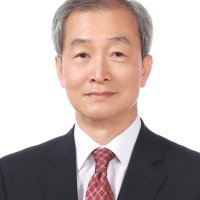

Hyundai Motor-Korea Foundation Center for Korean History and Public Policy
The Center for Korean History and Public Policy was established in 2015 with the generous support of the Hyundai Motor Company and the Korea Foundation to provide a coherent, long-term platform for improving historical understanding of Korea and informing the public policy debate on the Korean peninsula in the United States and beyond. Read more

Explore More
Browse Insights & Analysis